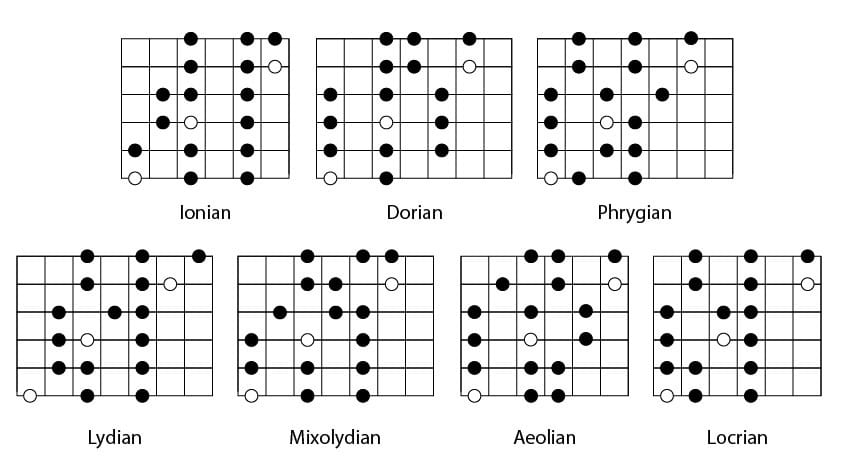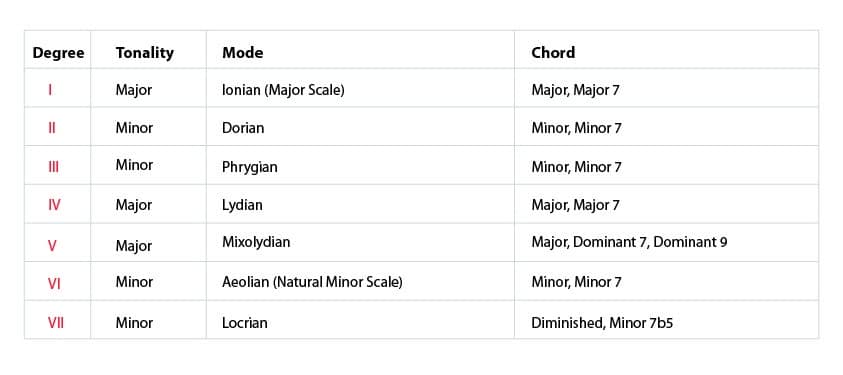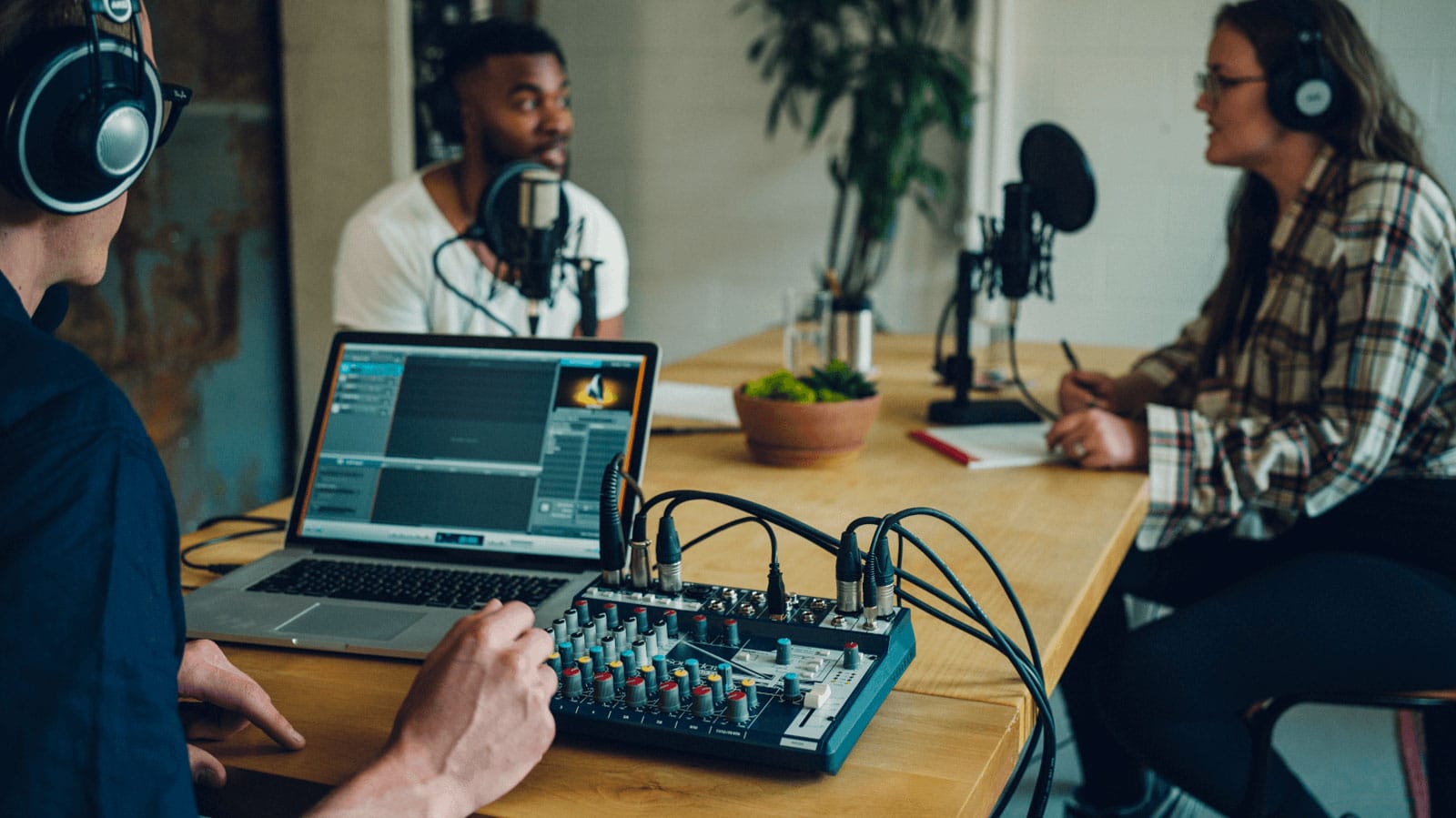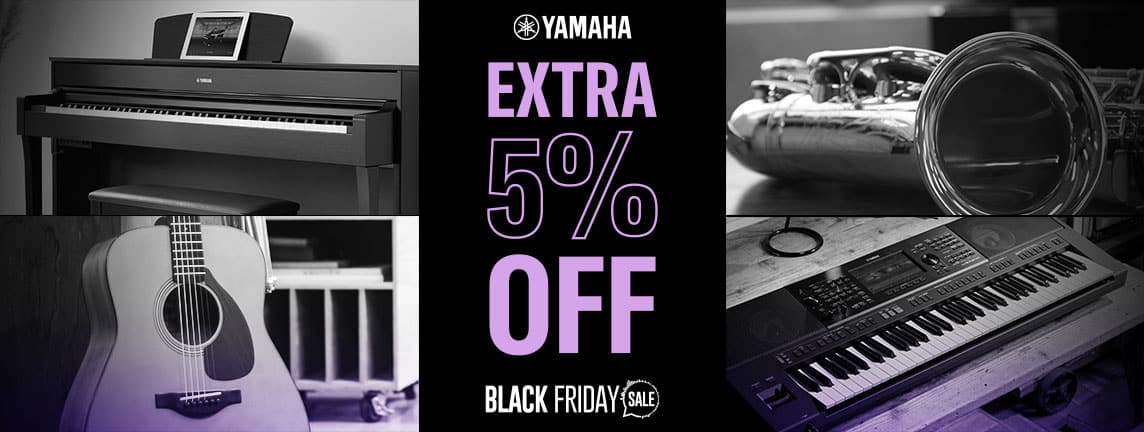
For most lead guitarists, the ability to solo is of paramount importance. Solos can add an emotional connection to a song, and elevate it into something magical.
Just imagine what Free Bird or Beat It would be like if they didn’t have an epic guitar solo.
While each genre and style of music has its own rules for how to play solos, the basic concepts remain the same regardless of what style you play.
Solo By Key
Soloing over a specific key is the easiest way to start soloing. All you need to do is pick a scale, pick a key, and play notes from that scale over the piece you are playing.

Here we have the Am pentatonic scale. The great thing about the pentatonic scale is that no matter what you play it will sound right. Not great mind you, but right. Try it now. Play the video below, and try playing random notes from the pentatonic scale over it.
Solo by Mode
Once you’ve mastered soloing by key, it’s time to add some more dynamics into your playing. You can do this by selecting a mode.

Each mode will have a different emotional feel to it. So if you want your solo to sound happy, play the Ionian mode. If you want your solo to sound melancholic, play the Dorian mode.
Modes in C
C Ionian
D Dorian
E Phrygian
F Lydian
G Mixolydian
A Aeolian
B Locrian
Modes and Their Moods
Ionian – Happy and Bright
Dorian – Melancholic
Phrygian – Exotic, Middle Eastern, Jewish
Lydian – Ethereal, dreamy, futuristic
Mixolydian – Bluesy Rock
Aeolian – Sentimental, tragic
Locrian – Very dark and unstable
Solo Over Chords
Once you’ve mastered the pentatonic scale and the modes, you can now move onto soloing over chords.
This is by far the toughest method for soloing and one that will take a fair amount of practice. Instead of picking a master scale (like the modes or pentatonic scale), each chord will have a mode that you play over it.
But playing specific modes over specific chords, you will be able to create the feeling of movement and progression and hight the inherent tonality of the chord that is being played.
With a little practice, and studying the modes and the chords, you will be playing like a pro in no time! Just remember that soloing is a skill – just because you aren’t great at writing or playing solos now, that doesn’t mean you’ll always be bad at it. Keep playing, keep learning, and you’ll get it in no time.









